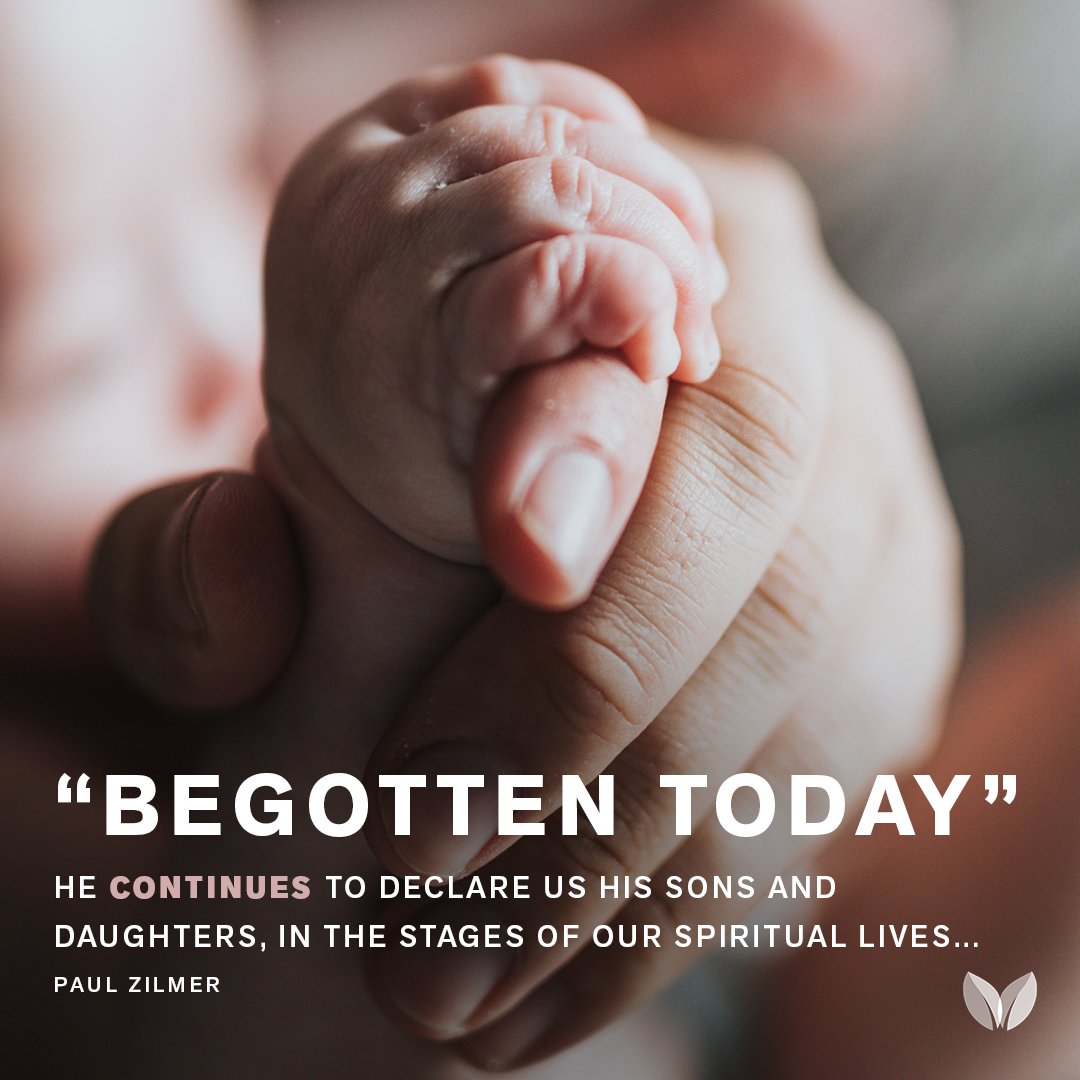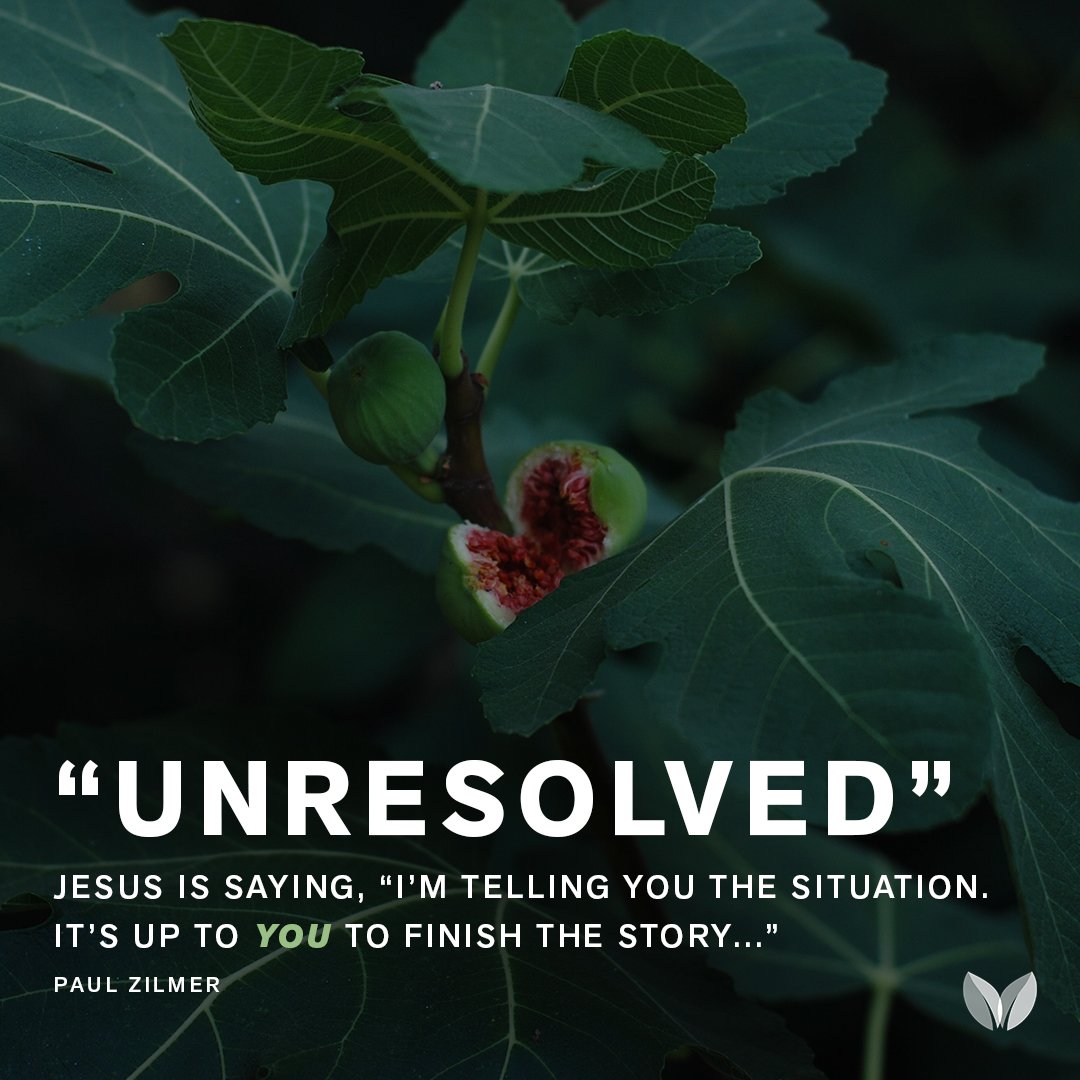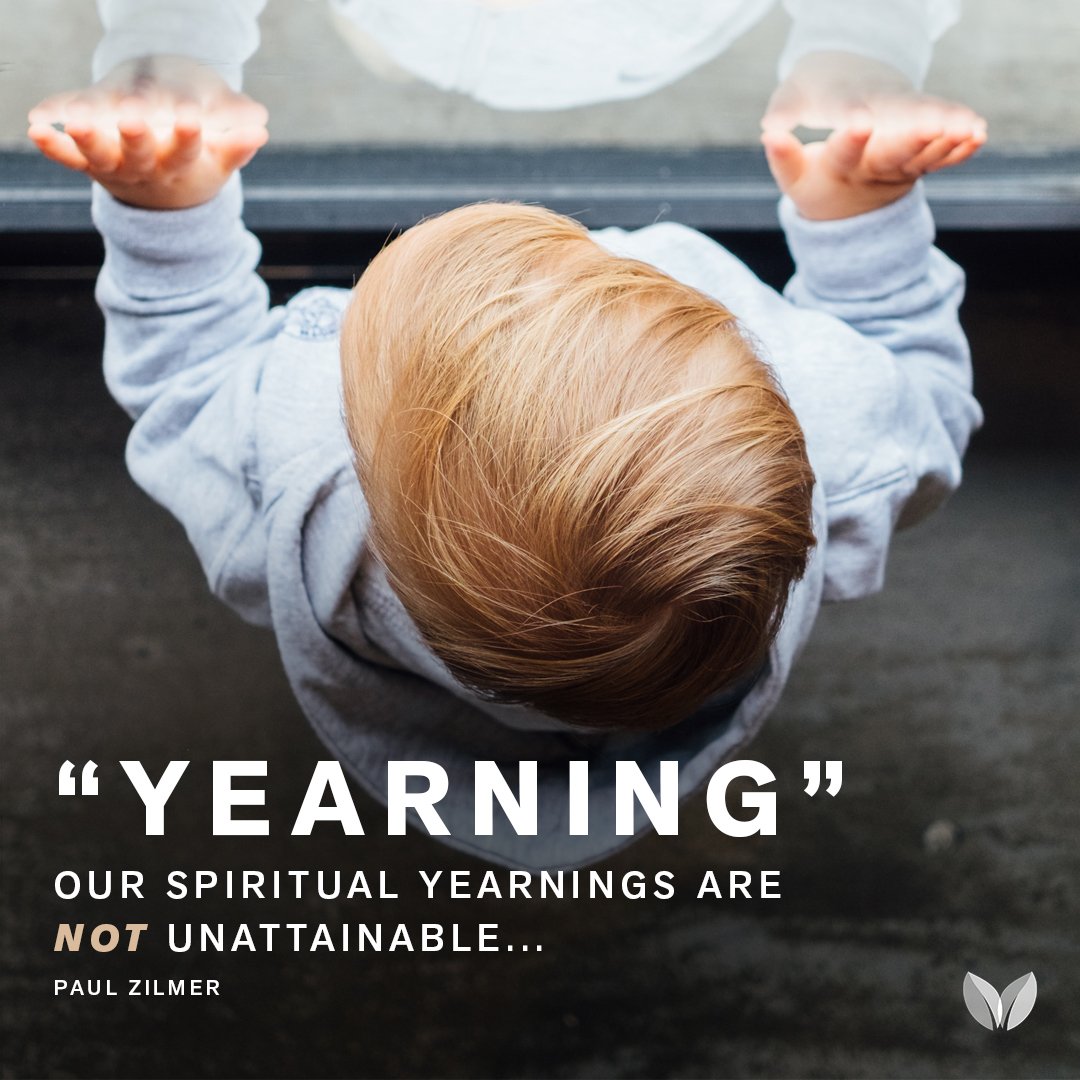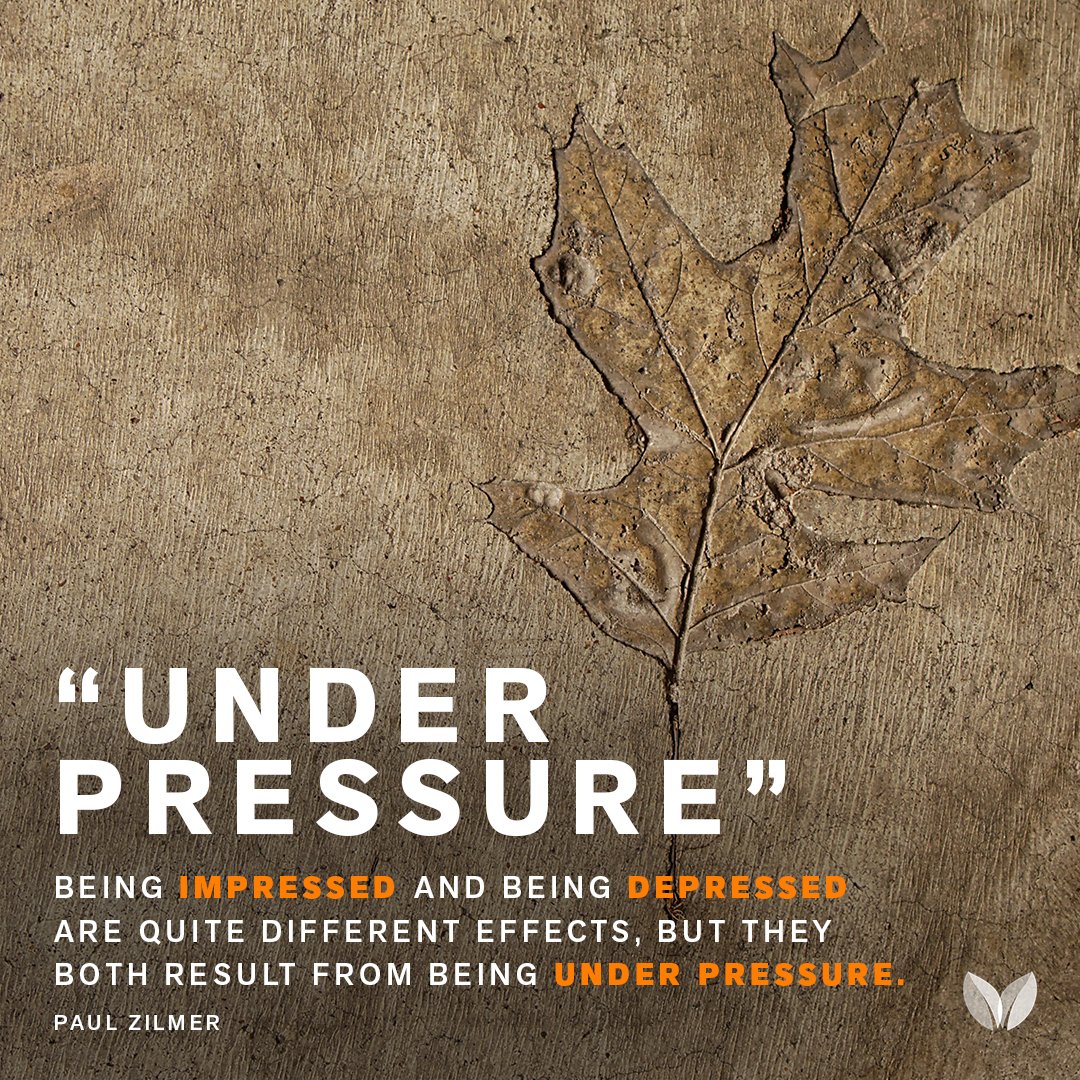WCF Blog

Greatest commandment
What’s the greatest commandment? Anyone who has been around the teaching of Jesus, for any time at all, knows the answer. Jesus answers the question with a quote from the Law, from Deuteronomy 6:4-5: “Hear, O Israel: The LORD our God, the LORD is one. You shall love the LORD your God with all your heart and with all your soul and with all your might.”

Lamb & Lion
We are accustomed to the idea of the dual Lion/Lamb role of Messiah. At his first coming, Jesus’s work was reconciliation, by sacrificing himself. At his second coming he will be the conquering King. An irony has been noted: Those who were expecting Messiah when he first came were expecting the Lion, but got the Lamb; and it seems that among those expecting Jesus’s return, many are expecting the Lamb again, but will get the Lion.

Service
In the Greek of the New Testament, there are two sorts of servants. One is a bondservant, a slave. More than one Greek word has this connotation, the most commonly used being doulos. We are supposed to be this kind of servant—Paul, Peter, Jude and John each identifies himself as a “servant (bondservant) of Jesus Christ”, and Paul describes us “having been freed from sin and have become servants (slaves) of righteousness” (Romans 6:18). There are lots more examples.

Justifying God
There’s a family of words we come across in scripture: justify, justified, justification. Near as I can tell, both the Hebrew Old Testament and the Greek New Testament words mean just what we would expect from the English words. To “justify” means to show something or someone or some action to be just, right, or reasonable. In some modern translations these meanings are used rather than the “justify” family—in the KJV the verbal links are more apparent.



Trouble
We’ve just past the two-year anniversary of people in Wuhan experiencing a type of pneumonia not seen before, and soon we’ll pass the milestone for the identification of a new coronavirus. We know what came next: the disease quickly spreading, and before we knew it, a pandemic affecting every corner of the globe. So much disruption, so much sickness, so many families grieving for loved ones lost.

Frustration
We are made in the image (or likeness) of God (Genesis 1:26-28, 5:1-2). What does that mean? Since “God” comes from the Hebrew elohim, which also sometimes refers to angels, it is often taken to mean that we were made to look like angels. And indeed, a number of times, we’re told that angels looked just like men.

Stephen and Philip
When it became clear the church needed some administrative structure, the apostles suggested one, and the members chose seven capable brothers to take care of day-to-day matters (Acts 6:1-6). Their formal duties didn’t stop them, though, from continuing to be preachers—Stephen and Philip in particular remained very active (6:8-10, 8:4-5).

As Yourself
I bet your mind correctly went to the Second Great Commandment when you saw the subject line: “You shall love your neighbor as yourself.” But—I know you’ve thought about this—what if you don’t especially love yourself? I suggest that for most of us, most of the time, the person at the center of our life is…me! We care about and take care of our health, appearance, recognition, possessions, reputation, comfort, on and on.

Hallel
It’s fairly well known that Psalms 113 through 118 are collectively known as “the Hallel”, and that traditionally it is sung or recited at Passover. “Hallel” is the Hebrew word for “praise”. You’ll recognize it in the word “hallelujah”, which means “praise the LORD” or “praise to Yah” (Yah being the short form of the memorial Name, YHWH).

Authority
We’ve read the story many times, and heard it expanded on. We could probably give a pretty close paraphrase of it without looking it up. But let’s go ahead and look it up now – it’s in Luke 7:1-10, the account of the Roman centurion who asks Jesus to heal a very sick servant, one he cares about deeply.

Begotten today
You’ve read it many times, right? Psalm 2, one of the great prophecies of God’s Kingdom to be established on the earth, ruled over by God’s Anointed. Referring to the Anointed, we read, “I will tell of the decree: The LORD said to me, “You are my Son; today I have begotten you. (Psalm 2:7) But when exactly is “today”? When did the Almighty say this? Well, it turns out it was a whole bunch of times!

Unresolved
The vast majority of the parables Jesus told arrive somewhere – that is, they have an ending, we know how they turn out. We know what results from the good seed being sowed on various soils. We know the outcome for each of the 10 virgins. The treasure in the field and the precious pearl are found and obtained. The parables pack a punch precisely because of how they end.

Dear Brothers and Sisters
Paul kicks off his letter to the church in Colossae the way he always does. He addresses his recipients as “saints”, calls them “faithful”, calls them “brothers and sisters in Christ”. But there’s an odd thing: he had never been to Colossae, and had never met most of them.

Eyewitnesses
The apostles were insistent that their message wasn’t fabricated, that it was backed up by the testimony of eyewitnesses. Peter says it plainly: “For we did not follow cleverly devised myths when we made known to you the power and coming of our Lord Jesus Christ, but we were eyewitnesses of his majesty.” (2 Peter 1:16) He is referring specifically to what he, James and John had witnessed at the transfiguration, and then he broadens it to apply to all the prophets who spoke under inspiration.

Living to see it
Abraham lived to see the promised son born (Genesis 17:15-19). But he didn’t live to see his offspring grow into a nation (Gen 12:2), or inherit the land promised (Gen 12:7), or see the singular seed arise who would possess the gate of his enemy (Gen 22:17).


Under pressure
When we say, “I’m impressed,” we generally mean that something has aroused admiration in us. The literal meaning of impressed, though, is “pressed into”, to be stamped or imprinted.

Harvest
The harvest is well underway here in central Illinois. Every year, this season brings a reminder of the wide-ranging Biblical lessons related to harvest. Most of us are so far removed from growing our own food that we may perhaps forget that our lives literally depend on the harvest, and therefore perhaps forget the equally life-or-death power of the spiritual harvest.

